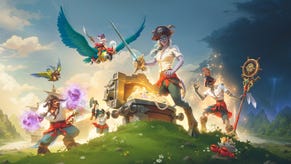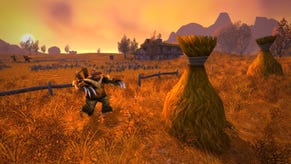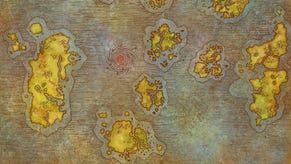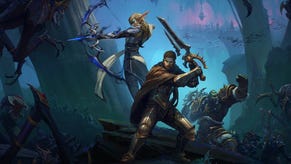Corrupted Blood Conclusions
Kyle Orland has posted a moderately interesting WoW-related story over on Gamasutra, reporting on Nina Fefferman's speech at the Games For Health conference: the real life lessons of WoW's corrupted blood plague. Fefferman details her findings on studying the virtual epidemiology of the event.
"One trait was particularly enlightening: curiosity, something epidemiologists did not generally build into their models. Some players attempted to enter infected areas to witness the chaos, then rush out before contracting the disease themselves. This behavior has real-world parallels, particularly in the case of journalists, who must rush towards a problem to cover it, then rush back out."
What's most interesting about what Fefferman talks about, however, is how the sheer mass of interactions taking place within an MMO becomes worth studying. "Fefferman wants to design new diseases to be introduced into the game, perhaps non-deadly diseases. She could then study how risk is perceived, how rumors spread during such situations, and so on," says Orland. This is as much about having ways to analyse and describe human behaviour as any serious epidemiological modeling. Games, by virtue of the the esoteric way they bring people together and create unique situations, become computational systems far more complex that anything we would otherwise be able to program. Which is something I've talked about in my book and also here.
Perhaps what's most interesting from the point of view of the Games For Health conference, however, is that Fefferman's talk demonstrates that medical sciences can learn from gaming, rather than simply benefiting from or adapting the technologies of gaming for therapeutic purposes. Much of what Games For Health has so far highlighted involves a practical application of games, rather than theory. Fefferman shows us that with a bit of lateral thinking games can be used to give us new angles on the sum of human knowledge, as well as making our lives easier and more fun.
"Gaming can help save the world," says Fefferman. Damn right.









